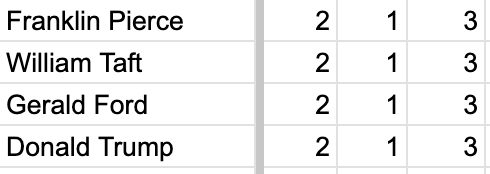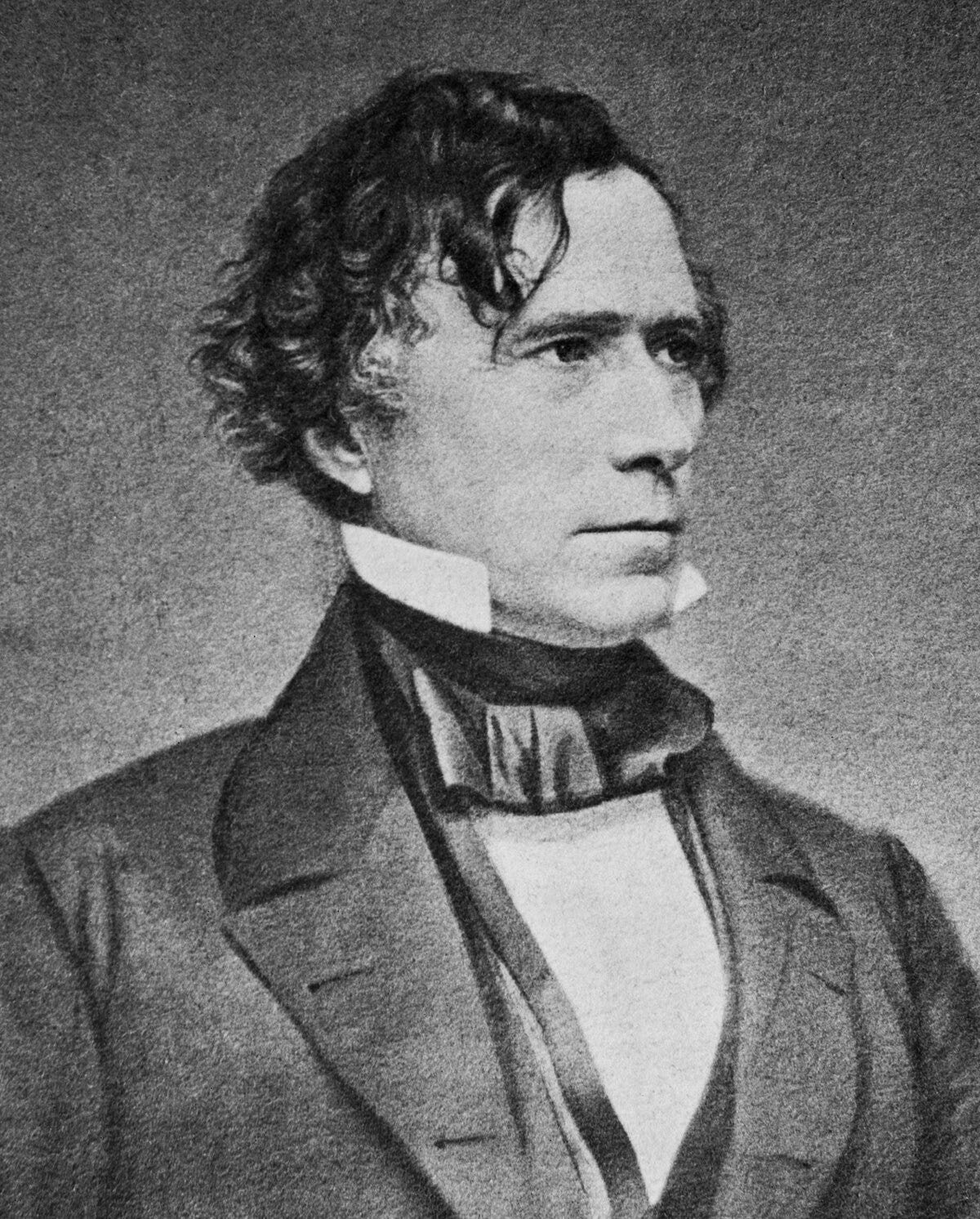We should know some common writing rules/suggestions I’ve listed somewhere before, including:
-Don’t have character names rhyme (ex. Bill and Jill)
-Don’t have character names that eye rhyme (ex. Joe and Zoe)
-Don’t have character names that start similar (ex. Andrew and Andrea)
-Don’t have character names that are insults (ex. Fat Bitch); this is partly because the role will go on some actor’s IMDb page.
-Related, I encourage real names for jobs often associated with stereotypes, even if the character is only in one scene (i.e. Bouncer, Maid, Stripper, etc.)
-Create variety with character names by using abbreviations (ex. AJ, JJ, LJ) and nicknames (ex. The Gambler, Tiger, or Johnny Tight Lips)
Today, let’s get into something more pedantic. Syllables!
Syllables are how we separate vowel sounds in the English language, which is necessary to breathe while talking, though usually our education system calls it good when children can clap.
In any case, it seems full names with the combination of a 2-syllable given name and 1-syllable surname are all the rage in a specific sphere. Perhaps people love the auditory strength associate with: ba-ba …. ba
I’m gonna break it down, so stay with me:
The raw data doesn’t paint much a picture here, so quantitative historians can kick rocks, but I want to zoom in on:
While now relegated to the category of forgettable U.S. Presidents, Franklin Pierce’s rise to the White House will illustrate a forthcoming pattern.
In 1852, the Democratic Party had a contested convention. William Marcy of New York, James Buchanan of Pennsylvania, Sam Houston of Texas, and Thomas Hart Benton of Missouri all received votes (among other white guys), but nobody had the 2/3 majority necessary. This is possibly because none of them had the 2-1 syllable breakdown in their name.
Lewis Cass (a 2-1 syllable breakdown!) of Michigan was the front-runner for the first 19 ballots. Eventually, the delegates selected a dark horse compromise candidate who didn’t seem to have too much baggage and was generally amiable. Or at least his name sounded right.
Franklin Pierce.
Clap it out if you need to: Frank - lin Pierce.
Now, Pierce wasn’t a great president, but that’s not why we’re here. He had the right name.
About 60 years later, President Theodore Roosevelt (way too many syllables) wanted to handpick a successor. He would pick a man because he “had a good feeling” about this little-known politician, but Roosevelt would almost immediately regret it. While William Taft had a good, strong, 2-1 name, his policies couldn’t inspire the same level of support.
Again, about 50 years later, when a sitting President (Nixon) needed to handpick a VP after Spiro Agnew’s resignation, he looked for someone with a proper name. Spiro Agnew was a ridiculous name. Gerald Ford? Now that’s a name. That’s the kind of name people can get behind. That’s the kind of name that someone can like, regardless of the man’s politics, principles, grace, or shootability.
About 40 years later, then-Senator Barack Obama ran for President and several conservatives made fun of his name. I only vaguely recalled the glorious years of 2007-2008, but I’m pretty sure it was because his name had too many syllables.
Ba-rack O-bam-a? Five? FIVE! Get outta here with that.
He won, but the feverish criticism never went away.
Then we get to 2025.
Not only does Donald Trump have the perfect 2-1 syllable name combination people associate with strength and trust, but he’s surrounded himself with other equally strong and trustworthy men.
Elon Musk. Perfect. Obviously.
Donald Trump (Jr). Ignoring the “junior"— perfect.
Eric Trump. Nailed it again.
Kristi Noem. A female with the Golden 2-1 Rule!!
J.D. Vance. Look, he invites the comparison by using his initials. I’m not about to search up his Christian name, but I know it wasn’t getting him the 2-1 sound that he needed to advance his career.
Doctor Oz. 2-1 syllable breakdown using “doctor” as a first name. I’m gonna count it.
So what should you take away from this?
Be careful how you name characters.
Be careful why you like some people.







